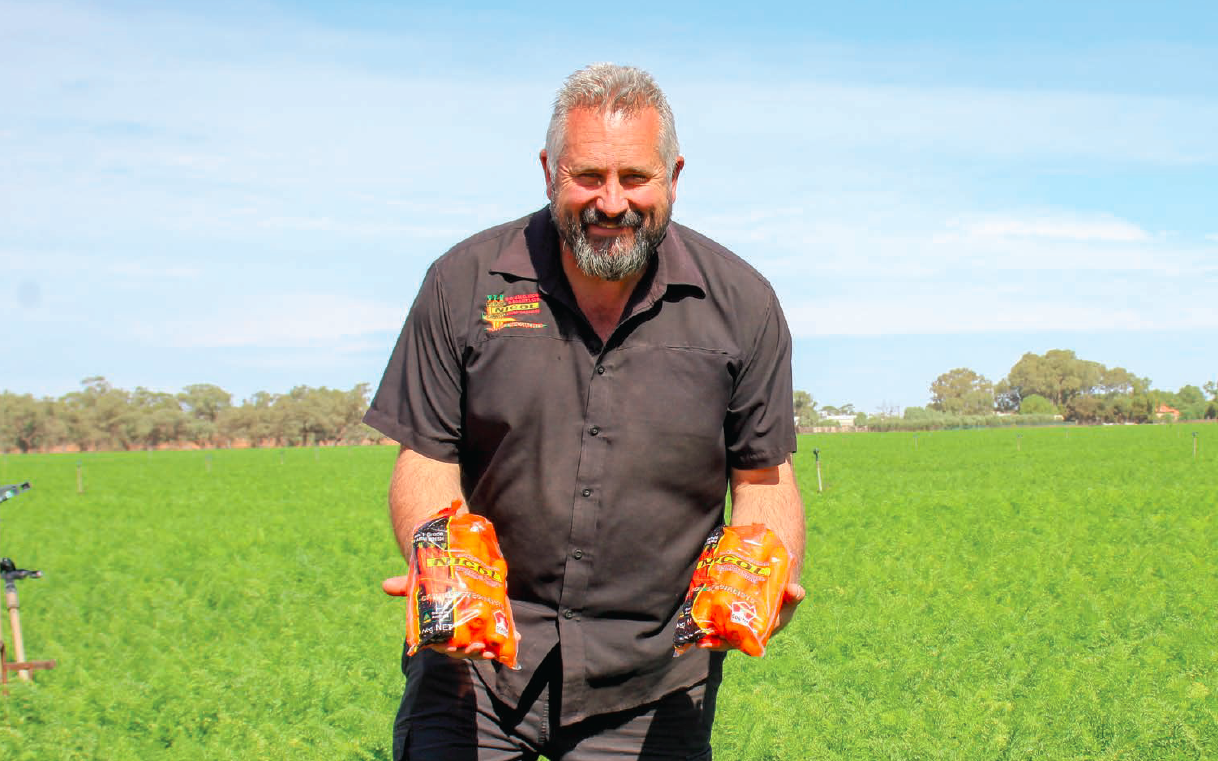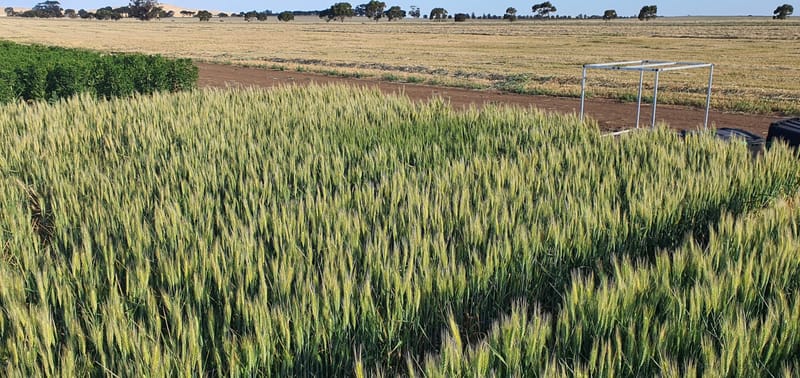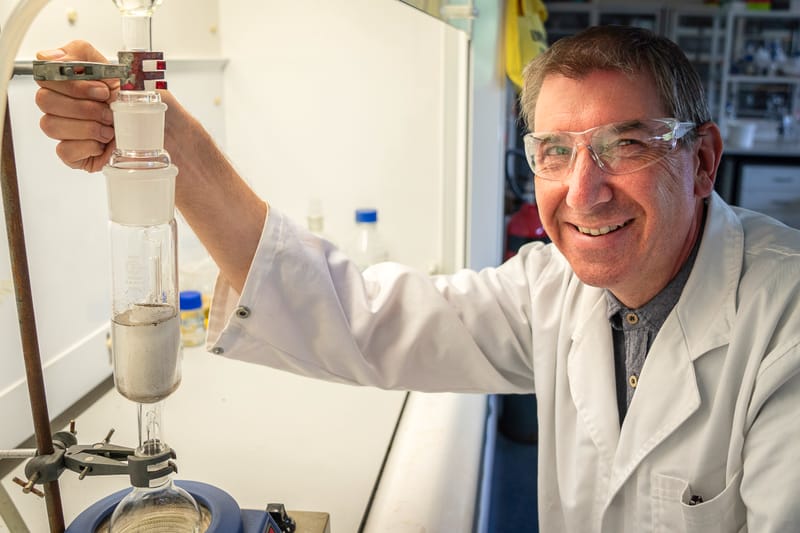The family business providing local produce from the carrot-top shelf
ALMOST from the moment he could walk, Virginia’s Doug Nicol (pictured) was out in the paddocks helping his parents hand-pick carrots to be sold at market. Fast-forward to now and Nicol Carrots is a second-generation family company producing an...






